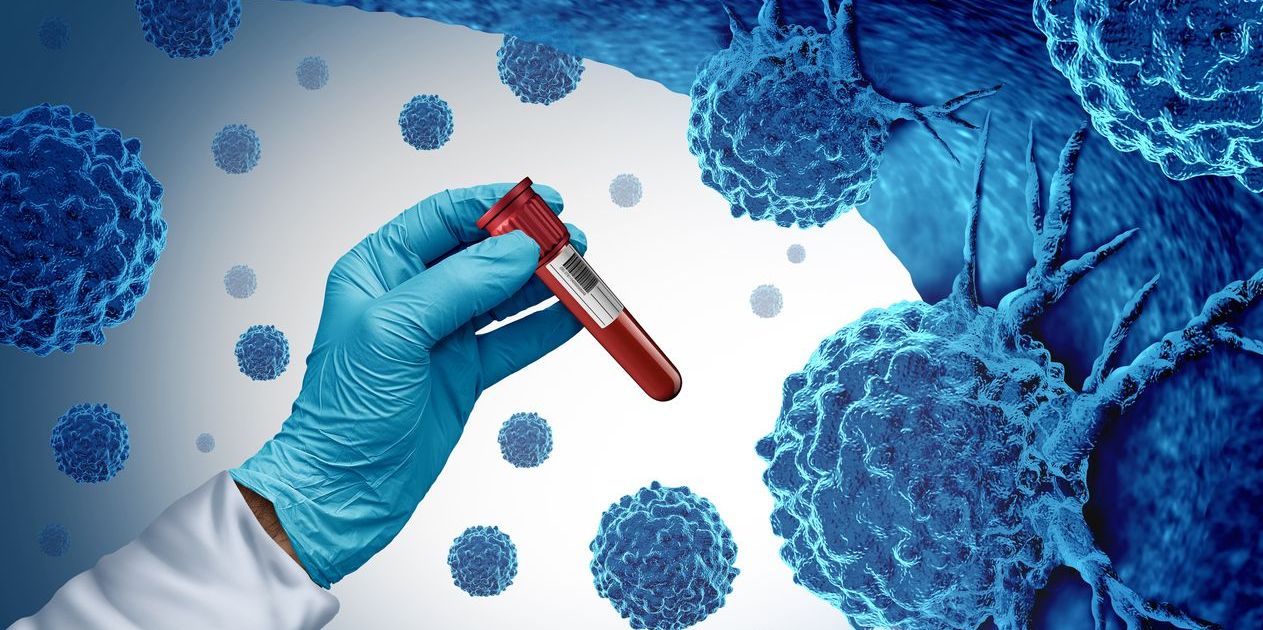Photo Credit: iStock.com/wildpixel
Nearly one-third of patients with pancreatic cancer missed germline testing, with the disparities tied to race, insurance, and care setting.
Nearly one-third of patients with pancreatic cancer failed to undergo germline genetic testing despite recommendations by the National Comprehensive Cancer Network and other professional organizations, according to a poster presentation at the 2025 American Society of Clinical Oncology (ASCO) Annual Meeting in Chicago.
“This is one of the largest patient-reported surveys from recent times suggesting sub-optimal implementation of guideline-based germline genetic testing in PC [pancreatic cancer],” wrote first author Udhayvir Grewal, MD, and colleagues.
The survey garnered 1046 responses from patients and caregivers in the Pancreatic Cancer Action Network patient registry. Among them, 69.2% reported having undergone germline genetic testing, according to the study.
Insurance type, cancer stage, and treatment facility type were significantly associated with the likelihood of receiving germline genetic testing after diagnosis, according to multivariate analysis.
Specifically, the odds of postdiagnosis germline genetic testing were significantly lower for patients who were uninsured compared with patients insured by Medicare (researchers reported a 0.11 odds ratio [OR]), patients insured through the Veterans Health Administration compared with patients insured by Medicare (0.26 OR), patients who were Black compared with White (0.42 OR), patients receiving care at small community practices compared with academic/teaching hospitals (0.51 OR), and patients receiving care at large community practices compared with academic/teaching hospitals (0.62 OR).
In contrast, the odds of germline genetic testing were significantly higher for patients with stage IV compared with stage I cancer (2.23 OR), patients with stage II/III compared with stage I cancer (1.58 OR), and patients with private insurance compared with Medicare (1.51 OR), the abstract reported.
Among the 724 patients who underwent germline genetic testing, 167 patients (23.2%) tested positive for germline mutations, according to survey responses. However, just 103 of them (61.7%) reported cascade germline genetic testing among first-degree relatives.
Patients receiving genetic counseling had a higher rate of cascade germline genetic testing among their first-degree relatives (67.7%) compared to patients not receiving genetic counseling (38.2%), analysis showed.
“This study highlights key inequities in testing based on race, insurance, and practice setting,” researchers wrote. “Our findings also underscore the critical role of genetic counseling in facilitating cascade testing among first-degree relatives of patients with PC and germline genetic mutations.”
